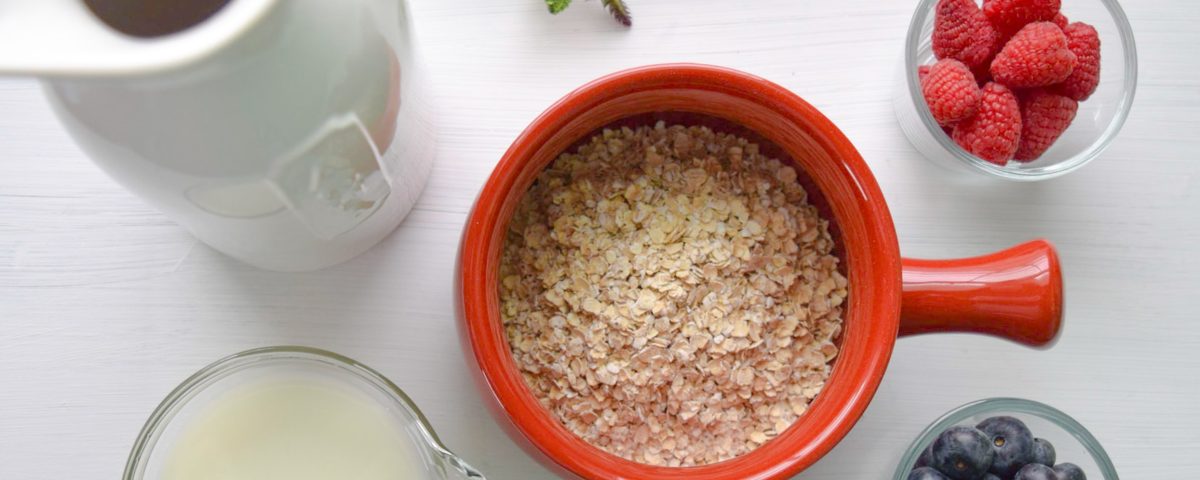self care 101 series
Part two
Online advice for self care can feel overwhelming and confusing.
If you’re struggling to make self care a priority or you’re confused about what is actually helpful, keep reading.
Following on with part two of the self care series of blogs, this post is all about food and nutrition. Check out the other parts of this series to make sure you’re looking after yourself in all areas of health.
Food and nutrition, and this can be complicated.

As a physiotherapist, I really don’t envy dieticians and nutritionists. The past research that has been done is even less helpful or reliable than the research in the fitness and exercise industry. It is definitely improving, but as with everything, one size really does not fit all. These are general guidelines that are recommended based on the research we do have to keep the majority of us nice and healthy. Depending on your gut health, underlying medical conditions or your general health and fitness, you may have to adapt these.
A moderately healthy and varied diet really seems the best diet for all of us. In general, our guts don’t like too much or too little of any one thing. Overnight oats with blueberries every day is technically “healthy” on paper, But having overnight oats every other day and eggs on bread on the alternate days, will be glorious for your gut and overall health. Also, if you are varying your food plate and keeping it nice and colourful, you’re more likely to be getting the recommended nutrients and minerals our bodies like to get without having to overthink it.
Make sure you include a bit of fat, a bit of fibre, a bit of carbs, and a bit of protein with each meal. And try to have foods as unprocessed as possible. Remember that protein bars and “healthy” snacks are still heavily processed and not superior to normal regular food.
Protein, not just for weightlifters. For muscle, bone, brain… well any part of our body, protein is essential to help build and repair it. In theory, we should all aim to get around 0.8-1.2 grams per kg of our own body weight per day. And further to this, it appears this should be divided up into three meals per day. For example, someone who weighs 50kg should have 60g of protein per day, which is 20g of protein per meal. Again, don’t obsess too much about this. If you’re able to eat a varied diet regularly (and remember that vegetables also have some protein in them) you’re probably getting enough.
Speak with a health professional if you are struggling with intolerances or sustaining a balanced diet. As much as I can recommend basic and generalised advice, food and nutrition is a very specialised area. Speak with your local GP or doctor for recommendations and referrals to medically trained health professionals. Remember that factors such as hormone changes (such as the ones we have during menopause), stress, exercise and underlying medical conditions will change our nutritional requirements.
If you would like to find out more, would like to organise a workshop or seminar with me, or work with me please just get in touch here! I would love to hear from you.
